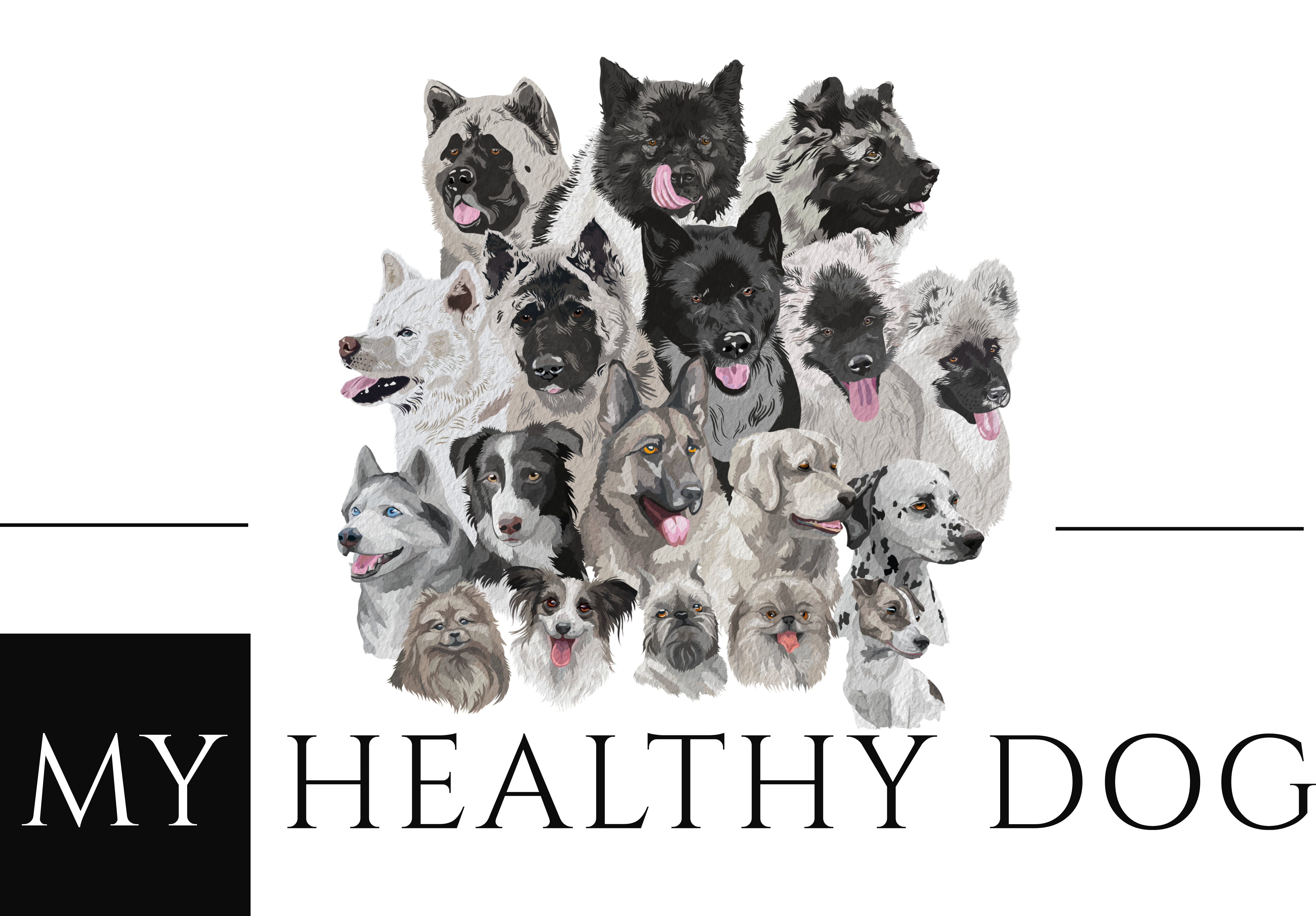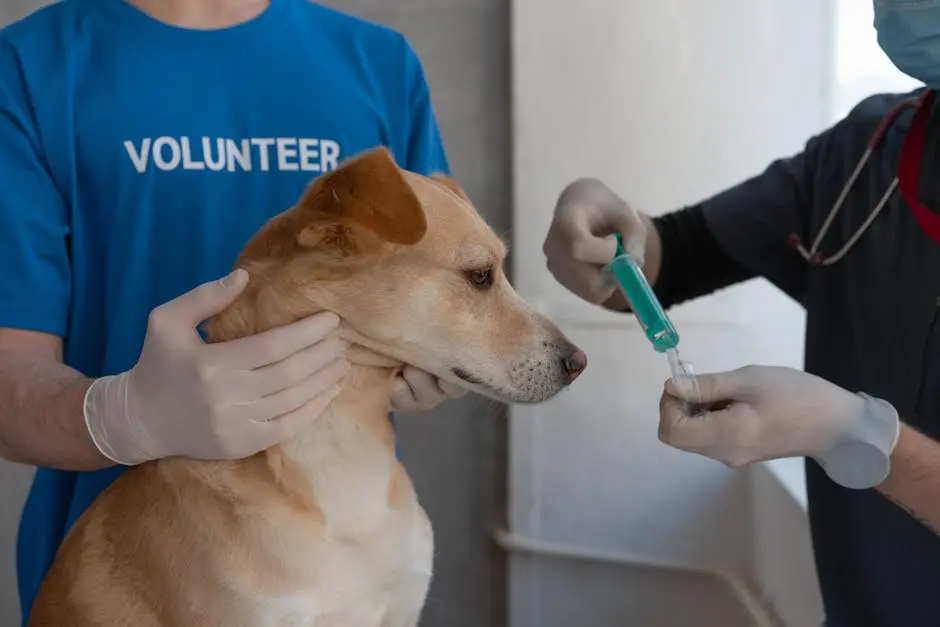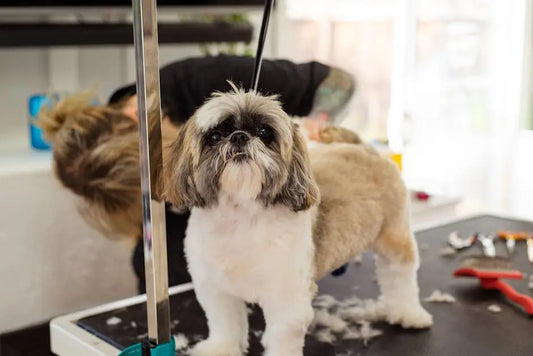As dogs age, their dental health becomes an increasingly vital component of their overall well-being. While many pet owners focus on nutrition and exercise, dental care for older dogs often remains overlooked. This FAQ blog uncovers the importance of dental health in senior dogs and offers insights into maintaining it effectively.
Why is dental health important for older dogs?
Dental health is crucial because oral diseases can lead to significant health complications. Infections can spread from the mouth to other parts of the body, affecting vital organs and potentially shortening your dog’s lifespan.
For older dogs, maintaining dental health isn’t just about preserving their smiles; it’s fundamentally linked to their longevity. Poor oral hygiene can lead to chronic pain and make eating difficult, thereby affecting their nutritional intake and overall vitality.
Moreover, good dental practices can contribute to preventing serious conditions such as heart disease, as bacteria from gum infections can enter the bloodstream and affect cardiac tissues.
Common dental issues in senior dogs
Older dogs are more susceptible to dental diseases such as periodontal disease, tooth decay, and gum infections. Addressing these issues is key to preserving their quality of life.
Periodontal disease is particularly common, affecting the support structures of the teeth. If untreated, it can lead to tooth loss, severe discomfort, and further systemic complications.
Additionally, tartar buildup and gingivitis can progress more rapidly in senior dogs, making regular dental checks a necessity to catch and address these issues before they escalate.
Signs your older dog may have dental problems
Watch for symptoms like bad breath, difficulty eating, excessive drooling, and swollen or bleeding gums. These signs indicate that a vet check-up might be necessary.
Another indication of dental distress is a noticeable change in eating habits, where your dog may prefer soft food or exhibit a decrease in appetite altogether.
Behavioral changes, such as irritability or withdrawal, may also suggest oral discomfort, warranting closer inspection by a veterinary professional.
Preventive measures for maintaining dental health
Regular brushing, dental chews, and routine vet visits are essential preventive steps to safeguarding your dog’s dental health.
Incorporating dental treats and toys that are designed to reduce plaque and tartar can be beneficial. These products not only entertain your dog but also help maintain oral hygiene between brushings.
It’s important to select chews and treats that match your dog’s size and dental needs to prevent accidental damage or choking hazards.
The role of diet in dental health
Providing a balanced diet and avoiding sugary treats can help maintain your dog’s oral health. Specialized dental diets may also be recommended by your vet.
Kibble can act as a mechanical cleanser, while wet food, though nutritious, may require additional oral hygiene practices due to its tendency to stick to teeth.
Integrating foods rich in antioxidants and omega fatty acids can also support overall oral health by boosting your dog’s immune response to oral bacteria.
When to consult a veterinarian about dental care
Consulting a vet becomes crucial when you notice any signs of dental issues. Regular dental check-ups are also important in preemptively catching potential problems.
It’s advisable to coordinate a thorough dental examination during your dog’s routine vet visits, or more frequently if they have a history of dental issues.
Professional cleanings at the vet can remove plaque and tartar that regular brushing might miss, safeguarding against severe oral health complications.
Wrap Up: Caring for Your Senior Dog’s Dental Health
In essence, dental care is a crucial part of senior dog health. By tackling dental issues early and maintaining a regular care routine, pet owners can ensure their companions lead comfortable, healthy lives in their golden years. Remember, a healthy mouth often translates to a healthy dog.






